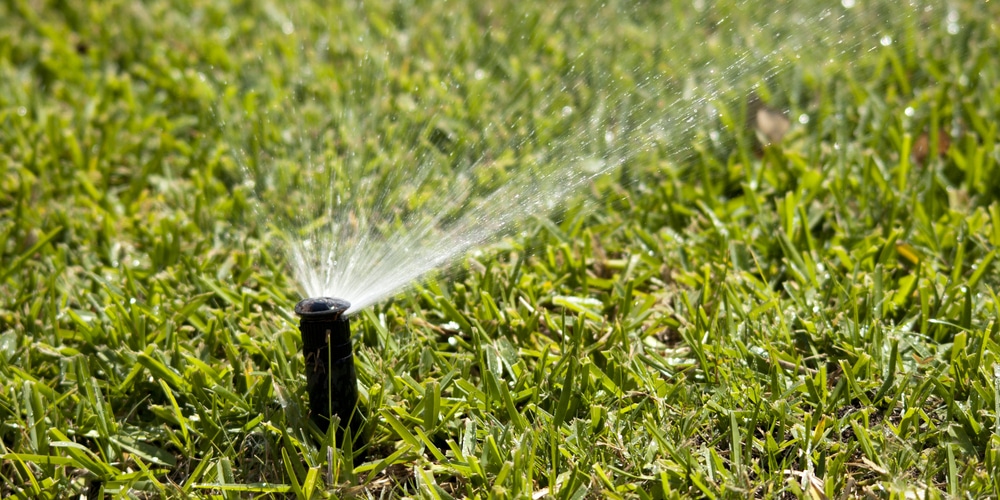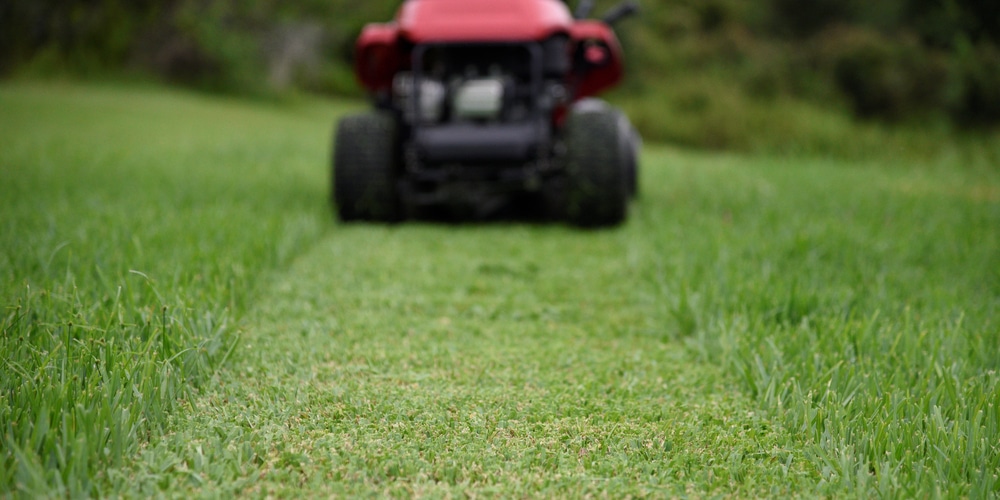This article will answer the question, ‘Is Raleigh St. Augustine Grass Right for Your Lawn?’ We’ll discuss the benefits of this type of grass to help you decide whether it’s right for you.
The average homeowner has a few different options when it comes to the type of grass they can plant on their lawn. You can choose turf grass that is resistant to disease, such as St. Augustine grass. There are many different types of St. Augustine grass to choose from, and each performs differently depending on the soil and weather conditions found in your area.
Raleigh St Augustine grass is a warm-season grass that requires full sun, is drought tolerant, and does best when it is watered regularly. It spreads by stolons underground, so it will fill in any patch areas. You can control its growth by mowing regularly.
What is Raleigh St Augustine?

Raleigh St. Augustine is a medium-textured, gray-green turf grass that spreads by stolons below the ground level. It will tolerate drought conditions well but does best when watered regularly. St. Augustine grasses are classified as warm-season grasses, so they are unable to withstand the cold temperatures of winter if temperatures drop below freezing.
Raleigh St Augustine grass features dense growth habits and will fill in any patchy areas that are left by invasive weeds. It will grow about ¾ to one inch each week when conditions are favorable.
When grown in ideal conditions, Raleigh St. Augustine is a good choice for home lawns. It has a medium tolerance for foot traffic and is slightly more tolerant of pets than some other types of St. Augustine grass.
The benefits of Raleigh Saint Augustine Grass
Although Raleigh St. Augustine is not as cold tolerant as many other types of St. Augustine grass, it performs well in most areas of the country. It tolerates poor soil conditions better than some other varieties. There are many benefits of choosing to plant Raleigh St. Augustine grass on your lawn:
Traffic tolerance
Raleigh St. Augustine is a good choice if you want a medium traffic tolerance and don’t mind watering regularly. It can handle both sun and shade and will fill in any patchy areas left behind by weed infestation.
Soil conditions
Raleigh St Augustine does well in soil conditions that are acidic as well as alkaline, but it will not tolerate wet soil conditions. Its roots are very shallow, which means that it doesn’t do well in areas where there is waterlogging, or the soil is compact.
Pests and disease
Raleigh St. Augustine grass is generally less susceptible to disease than other types of St. Augustine grasses, but it is still essential to keep a watchful eye for diseases and pests. The biggest pest that affects Raleigh St Augustine grass is chinch bugs, which can stunt growth if left unchecked. Wireworms are also a concern, along with crickets and blight fungus. These problems can be controlled by using an appropriate chemical treatment plan.
You will also want to watch for any signs of rust on your Raleigh St. Augustine grass, as it can become a serious problem. It is usually easy to control once spotted.
How Do I Maintain Raleigh St Augustine?
The best way to maintain your Raleigh St. Augustine grass is by keeping an eye out for it to develop any signs of pest infestation or disease. This will usually be more than enough to keep the grass looking healthy and looking good.
Raleigh St. Augustine is an excellent choice for homeowners looking to plant grass, but it does require a little extra maintenance to keep looking healthy and green. Your lawn will need to be mowed regularly throughout the growing season and can be watered and aerated depending on the climate.
Conclusion
Raleigh St Augustine is an excellent choice for lawns in areas that receive full sun or partial sun. It spreads easily underground by stolons, so it will fill in any patchy areas that are left after weeds have been removed. It can be a little more expensive to install than a traditional St. Augustine or popular turfgrass such as Kentucky bluegrass, but it does require less maintenance once it is installed.
